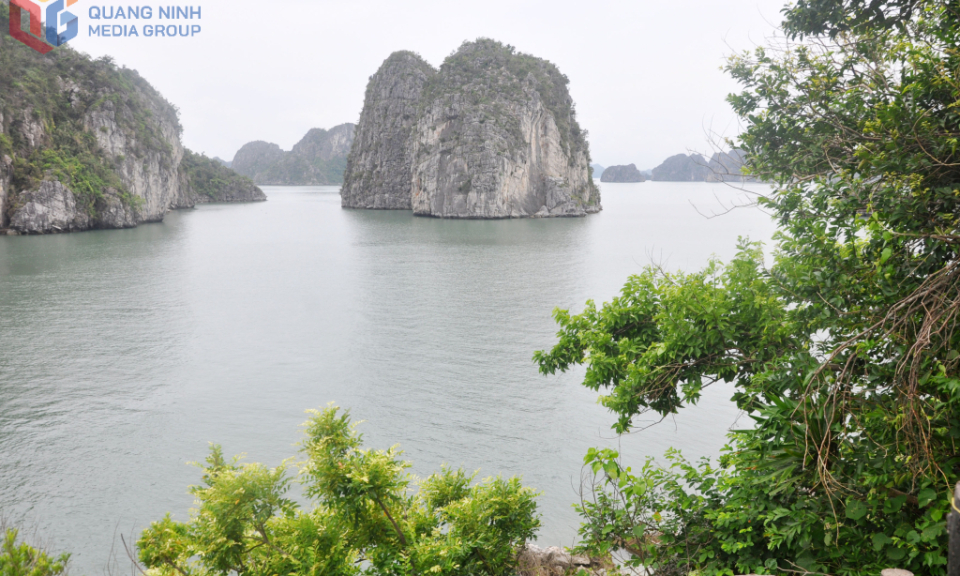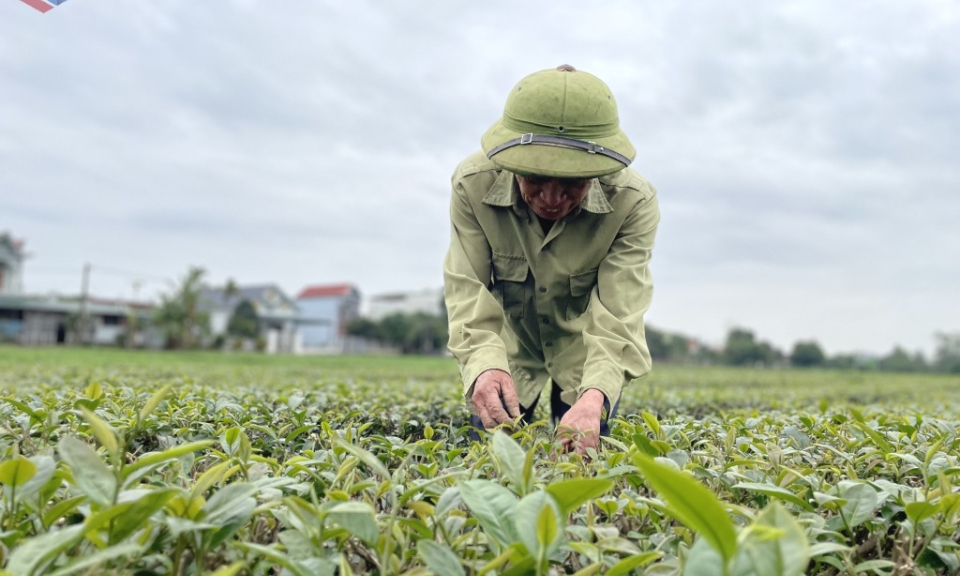Decades of miracles light Quang Ninh’s way
Quang Ninh has experienced miraculous development in the past and at present. Now, the northeastern province is gearing towards modernity and sustainability, with myriad new opportunities.
When looking at Quang Ninh, it is impossible not to mention the province’s 60-year development journey.
In October 1963, the National Assembly unanimously approved the government’s proposal to merge Hai Ninh province and Hong Quang into the new province of Quang Ninh. The idea of combining the words of the two old administrative units came from President Ho Chi Minh.
Soon, the locality became the largest and most important area for industrial development in Vietnam and Indochina, providing important resources for the country. Even in the period of fierce war, activity in the land of mining continued and developed.
After national reunification in 1975, the labouring approach was stronger than ever and, in the 1980s, Quang Ninh also established a fleet of ocean-going ships to trade with foreign countries. The money made was spent on empowering sectors and areas across the province, enhancing people’s living standards, and contributing to the country’s reconstruction.
Holding 95 per cent of the country’s coal reserves, Quang Ninh’s economic structure and budget revenue comes mainly from local coal mining. The province has also become one of the important industrial engines of the northern region.

Greeting all visitors
Since the major economic policies of almost 40 years ago, Quang Ninh has focused on developing its mining, food production, consumer goods, and exports.
The locality has also accumulated resources to prepare for a radical transformation, gradually mitigating its reliance on mining. From a province having to receive support for 90 per cent of its food needs and 80 per cent of its budget, by the mid-1990s the province had succeeded in balancing its budget and self-resolving major difficulties in consumer goods production.
From a locality that only dared to asphalt the national highway to Mong Cai, now, a 200-km long expressway is constantly bustling with traffic. The province now also provides easy access to facilitate international trade through Van Don International Airport and Cai Lan International Seaport.
In addition, a pipeline of 10-lane wide roads and coastal ring-road now greet all visitors to the green and beautiful coastal province.
From lacking electricity for daily life and production, the province has risen into a major power centre in the north. In 2020, the province finalised the target of supplying electricity to every household on both the mainland and associated islands.
The province’s development has also seen a turnaround with lower dependence on the mining industry, as the service sector has contributed up to 37 per cent of the regional GDP since 2011. The land of black gold is now gradually greening thanks to sizable projects and huge capital flows from domestic and foreign investors.
As far back as 2010, Quang Ninh committed to changing its growth model towards sustainability, and it became the first locality asking for permission to hire foreign consultants for planning.
By 2014, seven strategic plans serving as a foundation to reach socioeconomic development goals had been finalised.
These efforts have been rewarded. The province’s annual per capita income nearly doubled in the 2016-2020 period by twice the national average. The total state budget revenue for the period surpassed $9.3 billion, a 30 per cent jump compared to the 2011-2015 period. Domestic revenues also exceeded $6.53 billion, soaring 94 per cent.
Over the past few years, Quang Ninh successfully implemented the goals of combating the pandemic and pushing up economic development, bagging double-digit regional GDP growth. Regional GDP has expanded and, last year, the province’s budget revenue amounted to $2.38 billion, carving a spot among the top localities nationwide.
Earlier this year, Quang Ninh’s planning for the rest of this decade and beyond was approved. In the first nine months of 2023, the local economic growth and budget revenue were well maintained, paving the way for successful implementation of the full-year goals.
Leverage for all
To ensure everyone is the beneficiary of growth and no-one is left behind, the northeastern province has also enacted diverse policies on social welfare. Special priority has been given to distributing resources to underprivileged areas, ethnic minority groups, policy beneficiaries, and the disadvantaged to gradually narrow the development gap between localities and regions.
The province also made efforts to expand the opportunities to increase access to high-quality medical and educational services, along with improving healthcare quality for citizens, especially for people in remote areas. This has amounted to a facelift of urban and rural appearance, especially in extremely-difficult locations, border, sea, and island areas.
A provincial geriatrics and rehabilitation hospital was put into operation in 2022 and, this year, the specialised Lung Hospital was upgraded. Some 17 school projects were arranged with nearly $72 million in the total investment value to support localities, with many schools already completed.
In addition, many social housing projects with synchronous infrastructure are also in the development pipeline.
Quang Ninh’s aspiration for sustainable development, leveraging the three pillars of nature, people, culture, plus the opportunities of Industry 4.0, means that the Quang Ninh people have always longed for is gradually coming into existence.






